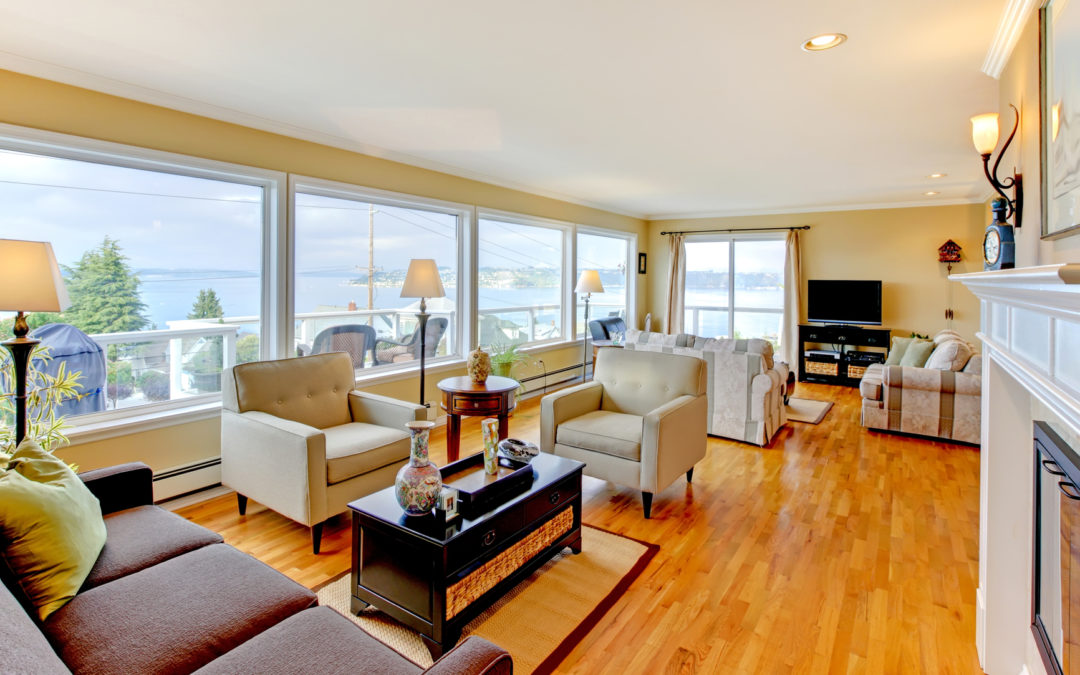The perfect window is the combination of both beauty and strength. The ability to overcome the most perilous of conditions and look good doing so. For years, many have turned to the likes of vinyl and wood windows. And, why not? Those have been smart choices, especially when it comes to price. However, fiberglass windows, once overlooked, are slowly becoming the preferred choice among eco-conscious homeowners. Why is that? Fiberglass often features both an aesthetic quality that’ll make your neighbors jealous–given their simple customization capabilities–and strength, resistant to the harshest of weather conditions and trying scenarios. Yet, just how long can a fiberglass window last if they’re constantly being pummeled by the weather? Any longer than your average vinyl window? And so the ultimate question is this: how durable are fiberglass windows.
Weather Resistant
As indicated above, fiberglass tends to be virtually impervious to many weather conditions. Rain, ice or snow prove to be an inferior match. In addition to this, fiberglass panes are generally more resistant to various chemicals and substances. When you stack fiberglass up against vinyl, you find that fiberglass is typically nine-times stronger than vinyl, which gives you–the homeowner–the ability to install a quality product that can sustain punishment from the rigors of nature. Some fiberglass panes can withstand the force of hurricane winds, further reinforcing any home with safety while also validating the tenacity of this material.
Longevity: Long Life Cycle
Whenever you make a big purchase like a car or a house, usually one of the first questions that comes to mind is: how long will this last? Longevity is an extremely important factor when it comes to fiberglass windows. Expected to have a 38% longer life expectancy than Vinyl, fiberglass also has a much slower degradation process. Vinyl windows are more likely to discolor, age, warp and reveal blemishes quicker than fiberglass windows typically.
In some cases, depending upon the manufacturer, fiberglass can be up to 833% less likely to expand or contract, when compared to vinyl. This includes some of the most profound situations where heat can typically become a factor. Many windows absorb heat and thus cause internal temperatures to rise. However, fiberglass can repel the sun’s rays and keep environments more comfortable and pleasant. Furthermore, fiberglass does not weather or deteriorate like that of wood windows. Windows of this variety are built to last.
Coated in Acrylic
Along with taking on various challenges, you want a window that will is manufactured properly. Many fiberglass windows are coated in acrylic, which offer a shiny and sparkling luster that also cannot be matched. Acrylic, a core substance that is responsible for heightening the durability and resistance of fiberglass windows, provides some economic and functional positives as well.
When replacing your windows–or simply purchasing new windows–you’ll want to take into account the aesthetics of your windows (which, of course, is always a plus) but also durability and longevity, as well. In order to get a window with all three attributes, it’s important to do your own research and as well as in-depth comparison between vinyl, wood, and fiberglass. Can you guess which one will come out on top?


